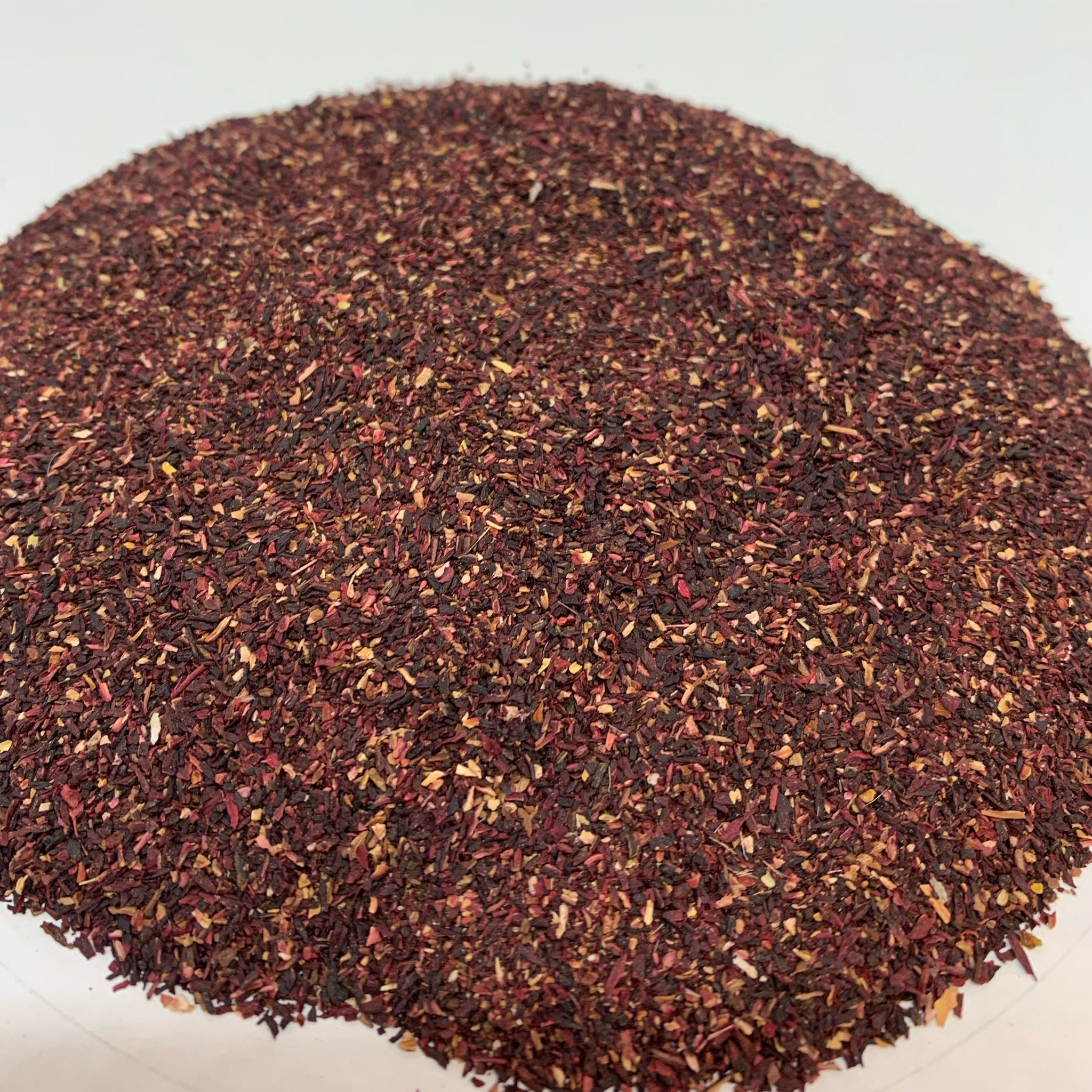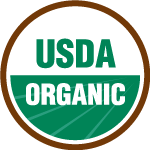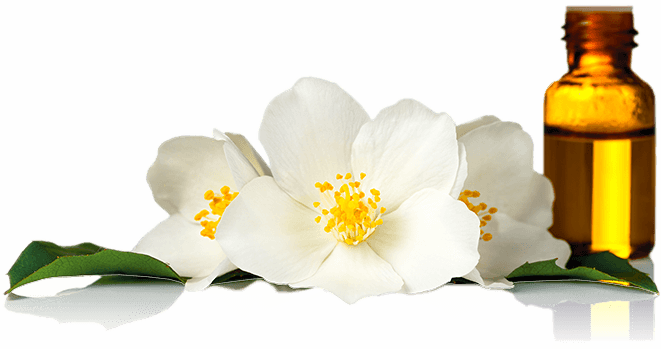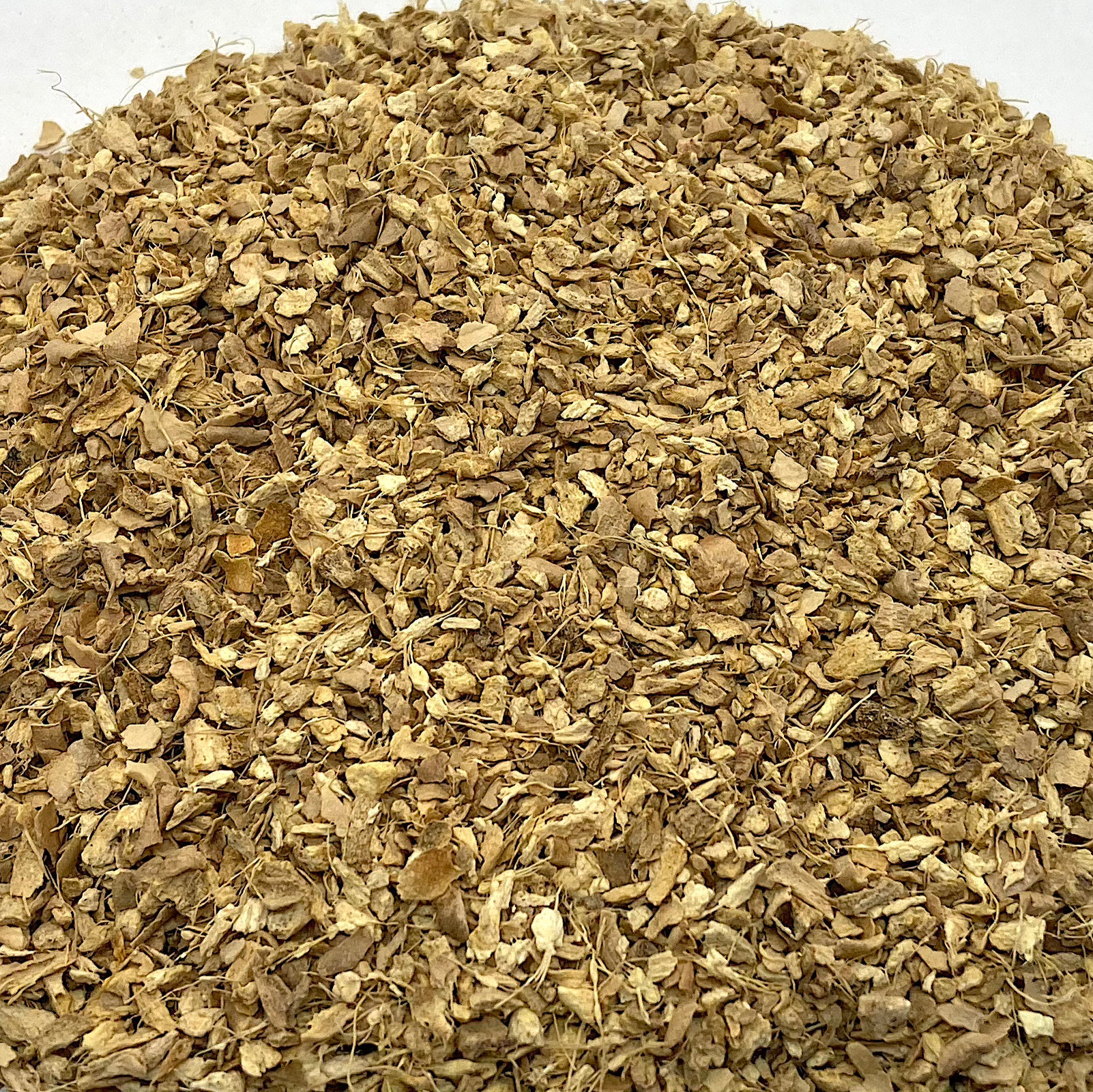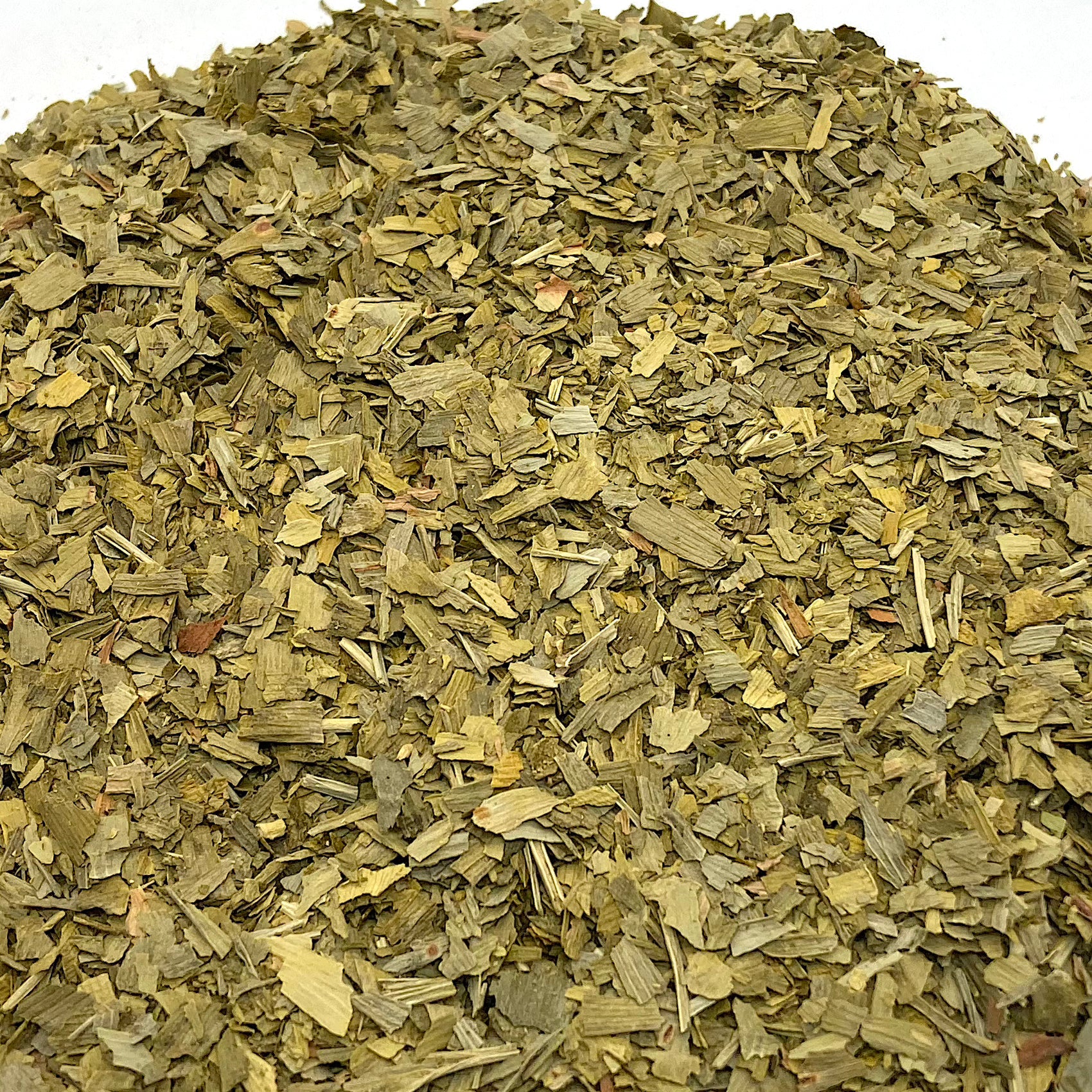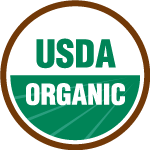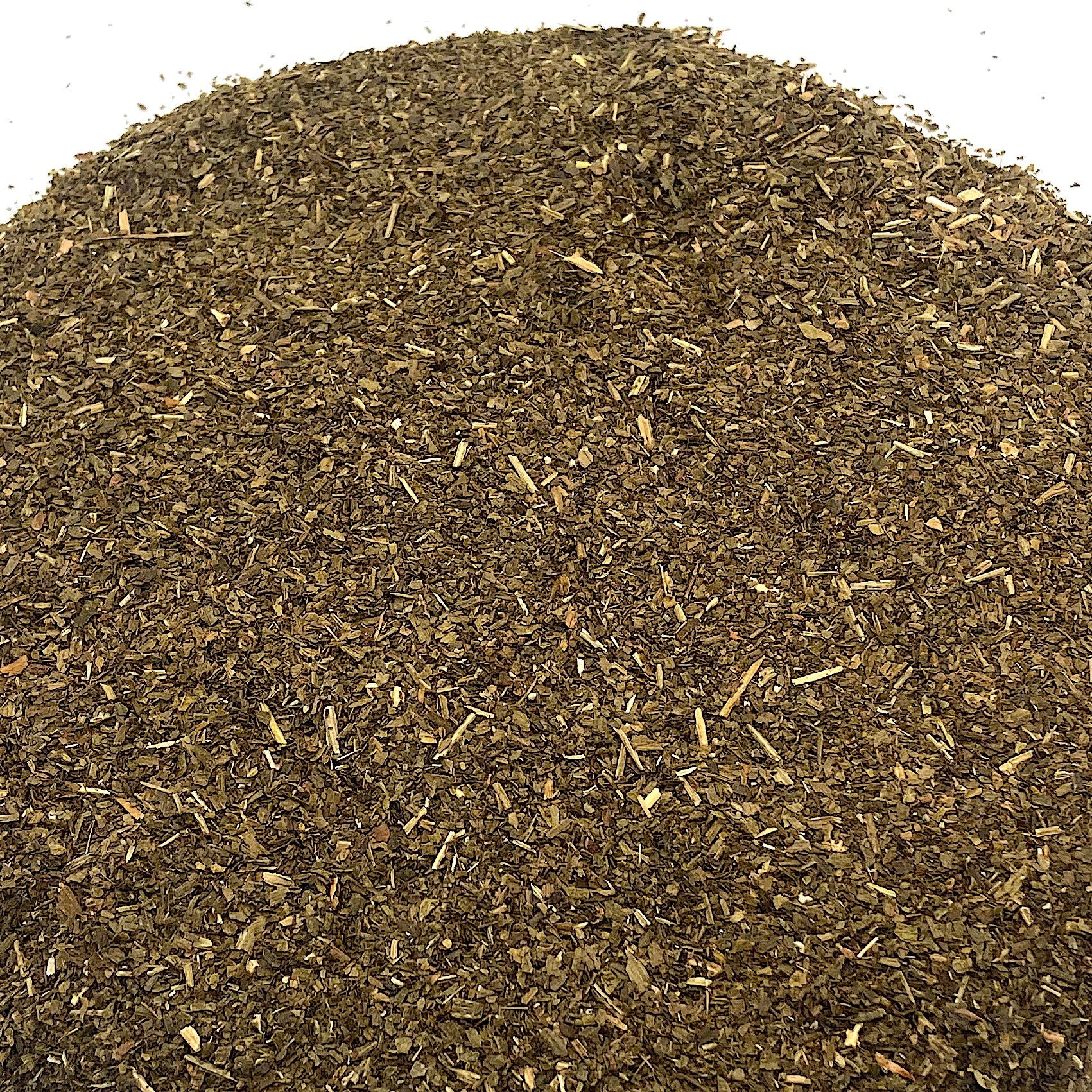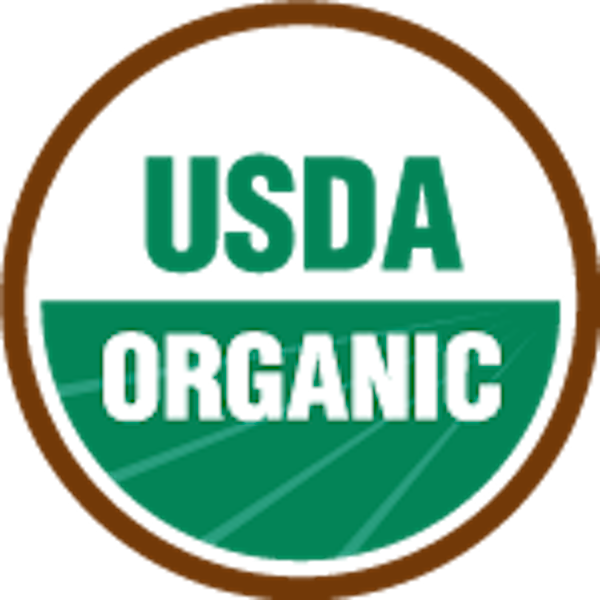Description
Egypt. Hibiscus (Hibiscus sabdariffa) Flower, Tea Cut, Certified Organic
Common names: Roselle, Amile, Bahumula, Bissau, China Rose, Dasani, Flor de Jamaica, Sorrel, Gudhal, Shukiar, Gongura, Kolada, Luo Shen Hua, Lalmista, Patwa, Pulichai, Mesta, Karkade, Sereni, Shahastra, Rote Malva, Patwa, Vina, Sudanese Tea, Quiabeiro Azedo
Family: Malvaceae
Hibiscus sabdariffa is a perennial flowering shrub, growing up to seven to eight feet tall, thought to be native to West Africa. It’s cultivated in China, Thailand, India, Korea, Mexico, Egypt, Senegal, Tanzania, Mali, Malaysia, and Jamaica, and other tropical and temperate regions. Its fiber is sometimes used as a substitute for jute. Hibiscus leaves and fruits are consumed in numerous dishes in many parts of South Asia, Africa, Australia, and the Caribbean.
Hibiscus Flower tea (sometimes called “sour tea”) and other beverages brewed from the flowers are beloved throughout much of the world for their refreshing, tangy flavor and beautiful red color.
The ability of Hibiscus to reduce high blood pressure is well-documented. It also aids weight loss directly and addresses some common complications associated with obesity, lowering blood sugar levels and insulin resistance, and improving hyperlipidemia. It has protective effects on the kidneys and liver.
Hibiscus tea has traditionally been used to relieve cramps and other symptoms related to the menstrual cycle, and to calm the nervous system, improving sleep and reducing anxiety and depression. It has also been brewed to help with coughs, urinary tract infections (it’s a mild diuretic), digestive upsets and diarrhea, candidiasis, as a general immune tonic and antimicrobial agent, and for its contraceptive properties.
Phytochemicals in Hibiscus Flowers include mucilage, polysaccharides, pectins, polyphenols, vitamin C, as well as citric, malic, and tartaric acids.
Large amounts of Hibiscus are best avoided during pregnancy and breastfeeding.
*These statements have not been evaluated by the FDA. These products are not intended to diagnose, treat, cure or prevent any disease.

